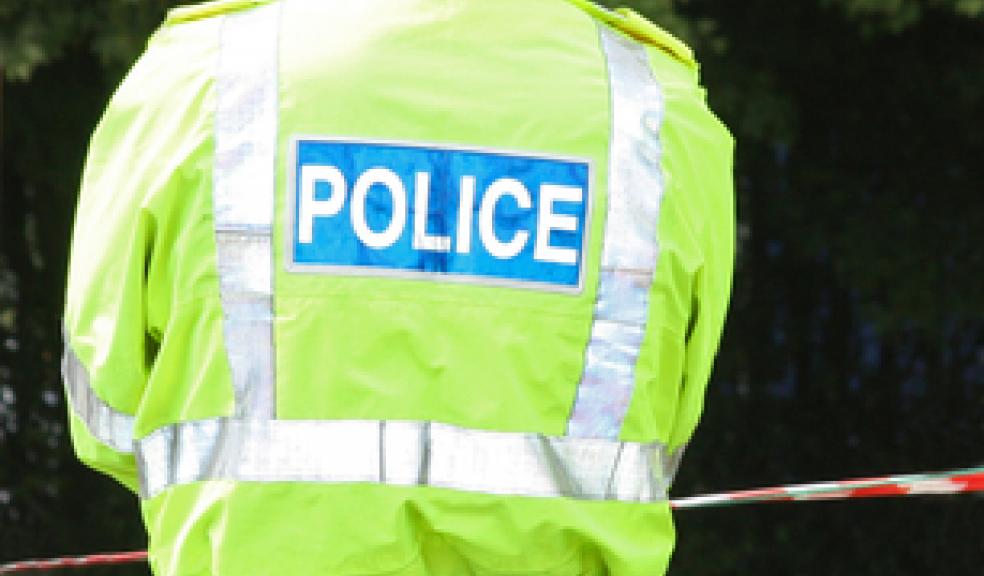
New dispersal order approved for city crime spots
A dispersal order designed to tackle crime and anti social behaviour in the city centre, the waterfront, Union Street, North Hill and Mutley Plain will come into effect this month.
The order was requested by the police and signed this week as a delegated decision by Plymouth City Council’s Cabinet Member for Co-operatives and Community Development, Councillor Chris Penberthy.
The order will be in place round the clock from 25 March 2013 to 9 September 2013 and will cover an area bounded by:
- Incorporating the sea front from Devil’s Point travelling east to Victoria Pier and then turning inland encompassing the Barbican Leisure Park *following Sutton Road into Exeter Street turning north into Gasking Street before joining the east side of North Hill.
- Continuing up North Hill and including Mutley Plain and its service lanes, before returning down the western edge of North Hill. West along Cobourg Street into Saltash Road incorporating Victoria Park, Eldad Hill, Stoke Road.
- Turning west into High Street and heading south through Stonehouse to Admirals Hard following the shore line to Devil’s Point completing the boundary.
Previous orders for a similar area have been highly effective in helping police disperse potential troublemakers before their anti-social behaviour had a chance to escalate into more serious crimes.
This dispersal order will be particularly important to cover upcoming events including the Easter and spring bank holidays, the annual National Firework Championships and to tackle the anti-social behaviour associated with tomb-stoning activity on and around the waterfront.
Councillor Penberthy said: “We want to make sure everyone can have a fun and safe time especially with our exciting programme of spring and summer events. The dispersal order and other measures will help the community and partner agencies prevent crime and anti-social behaviour so the city is a safer place for residents and visitors.”
The dispersal order will be used as part of a package of measures already in place to combat crime and anti social behaviour in the area. They include patrols by specialist police officers trained in public order situations, the use of CCTV cameras to record anti social behaviour, Street Pastors and multi-agency work including a crime campaign to address alcohol-fuelled crime and anti-social behaviour.
A dispersal order means that a police officer can instruct people to leave the area if there are reasonable grounds for believing that the presence or behaviour of two or more people in a public place has resulted – or is likely to result – in members of the public being intimidated, harassed, alarmed or distressed.












